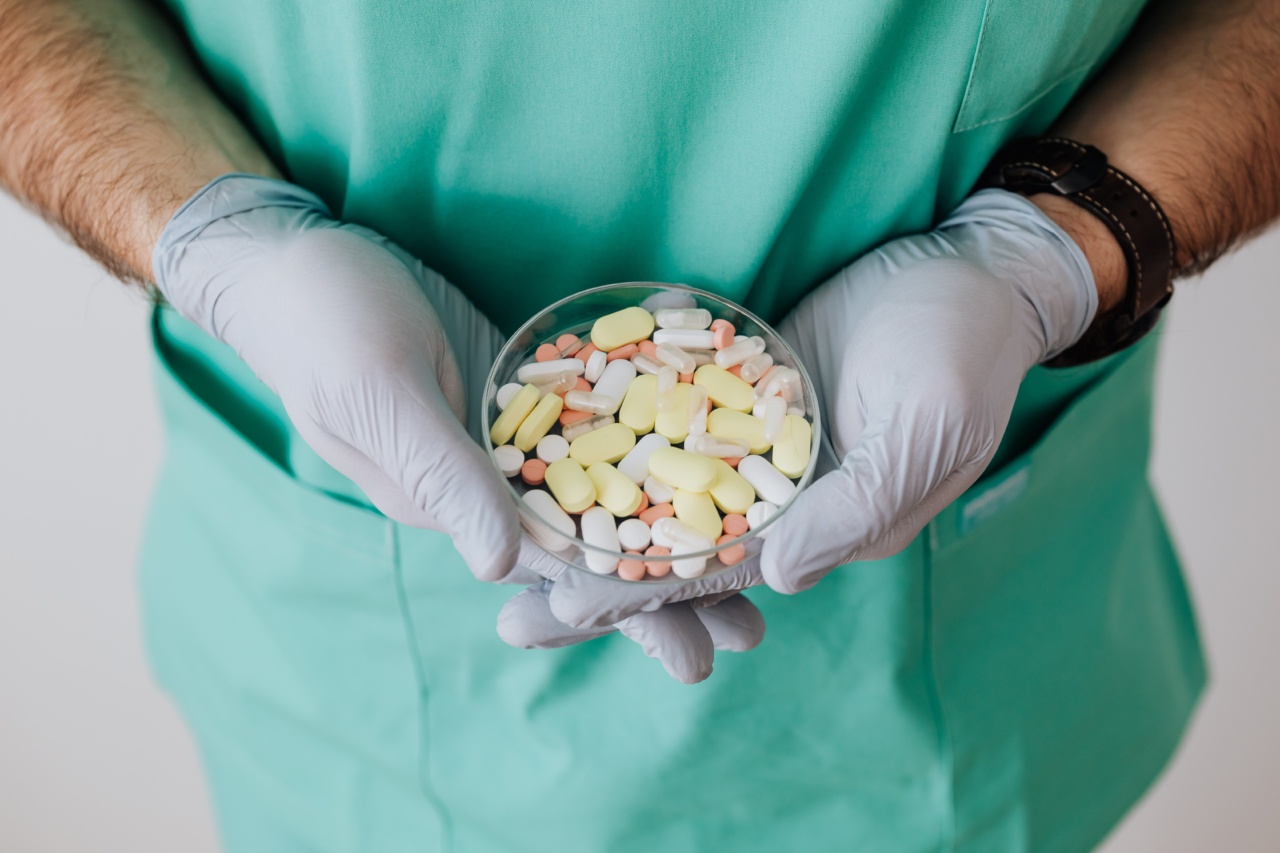Labor pain is a natural and unavoidable part of childbirth. However, many women find it extremely painful and unbearable.
While there are various medications available to manage labor pain, some women prefer to rely on natural remedies to ease their discomfort. One such remedy is Vitamin D. In this article, we will discuss how Vitamin D can help ease labor pain.
What Is Vitamin D?
Vitamin D is a fat-soluble vitamin that is essential for the development and maintenance of strong bones. It also plays a crucial role in immune function, cell growth, and neuromuscular function.
Vitamin D can be obtained through sun exposure, diet, and supplements.
How Does Vitamin D Affect Labor Pain?
Several studies have indicated a link between Vitamin D levels and pain during labor.
One study published in the Journal of Obstetric, Gynecologic, and Neonatal Nursing found that women with higher levels of Vitamin D had less pain during labor compared to those with lower levels.
Another study published in the Journal of Clinical Endocrinology & Metabolism found that women with low levels of Vitamin D were more likely to experience severe pain during labor compared to those with higher levels.
The study suggested that Vitamin D supplementation during pregnancy could reduce the risk of severe labor pain.
How Does Vitamin D Work?
Vitamin D is known to have anti-inflammatory effects that can help reduce pain and inflammation. It also plays a crucial role in the regulation of calcium and phosphorus levels in the body, which are essential for muscle function.
During labor, the muscles of the uterus are subjected to intense contractions that can cause pain and discomfort. Vitamin D can help relax these muscles and reduce the intensity of contractions, thereby easing labor pain.
How Much Vitamin D Do You Need?
The amount of Vitamin D needed varies depending on age, sex, and the time of year. The recommended daily intake of Vitamin D for adults is around 600-800 IU (International Units).
However, pregnant women may require higher doses of Vitamin D to support fetal development and reduce the risk of complications.
It is essential to talk to your healthcare provider before taking any Vitamin D supplements during pregnancy. They can recommend a safe and effective dosage based on your individual needs and medical history.
Sources of Vitamin D
The primary source of Vitamin D is sunlight. When the skin is exposed to the ultraviolet-B (UVB) rays of the sun, it produces Vitamin D.
However, the amount of Vitamin D produced depends on several factors, including time of day, season, latitude, cloud cover, and skin color.
Other sources of Vitamin D include:.
- Fatty fish such as salmon, tuna, and mackerel
- Egg yolks
- Fortified milk and orange juice
- Supplements
The Bottom Line
Vitamin D is an essential nutrient that has been shown to help ease labor pain. While sunlight is the best natural source of Vitamin D, it is essential to talk to your healthcare provider before taking any supplements.
They can help you determine the appropriate dosage and ensure that you are getting enough Vitamin D to support fetal development and reduce the risk of complications.































